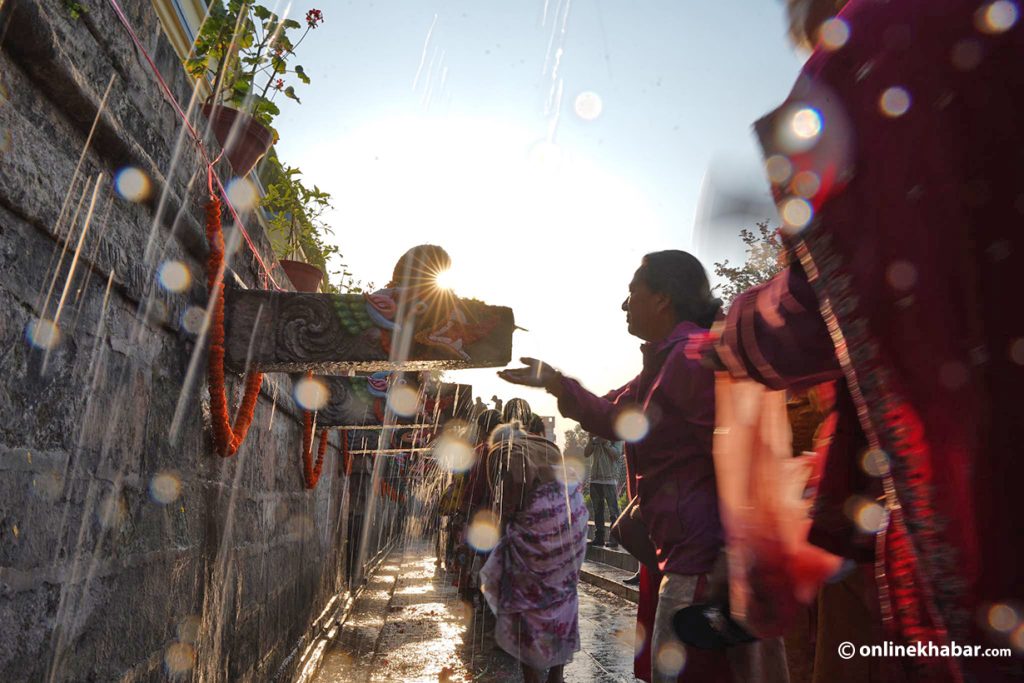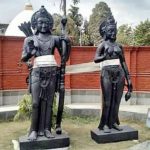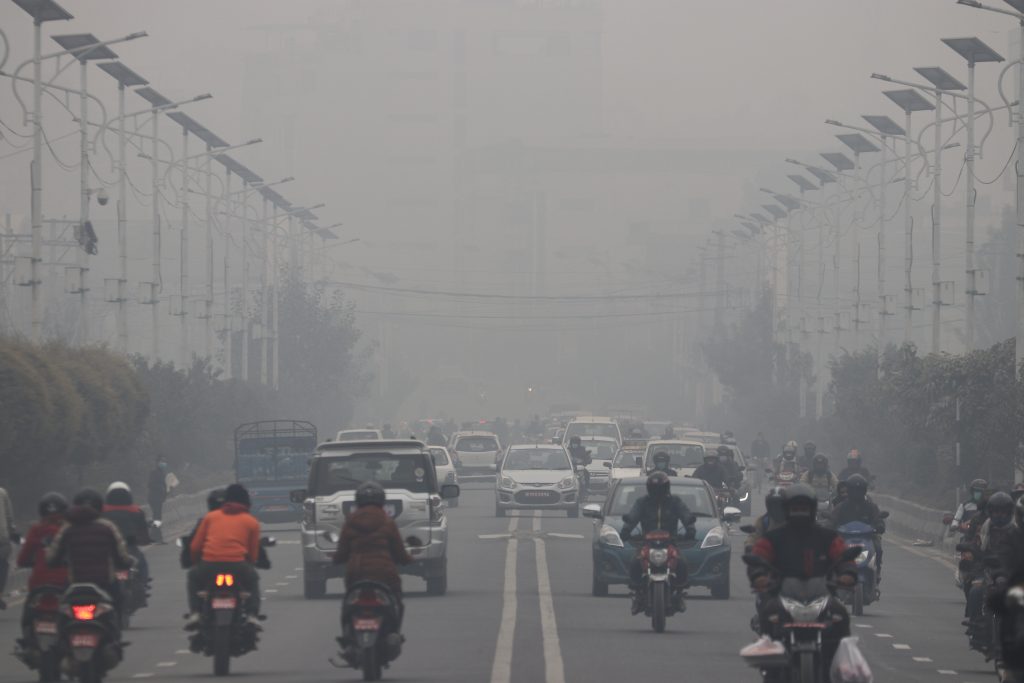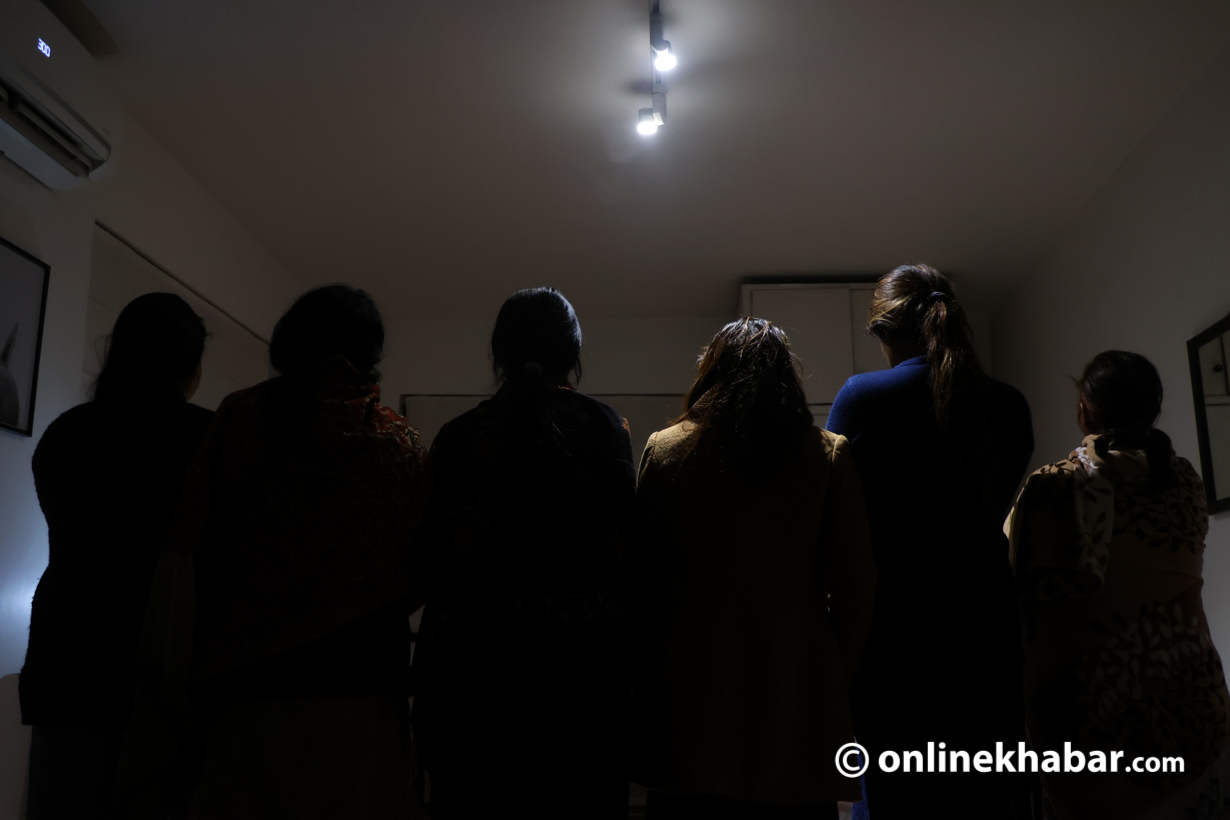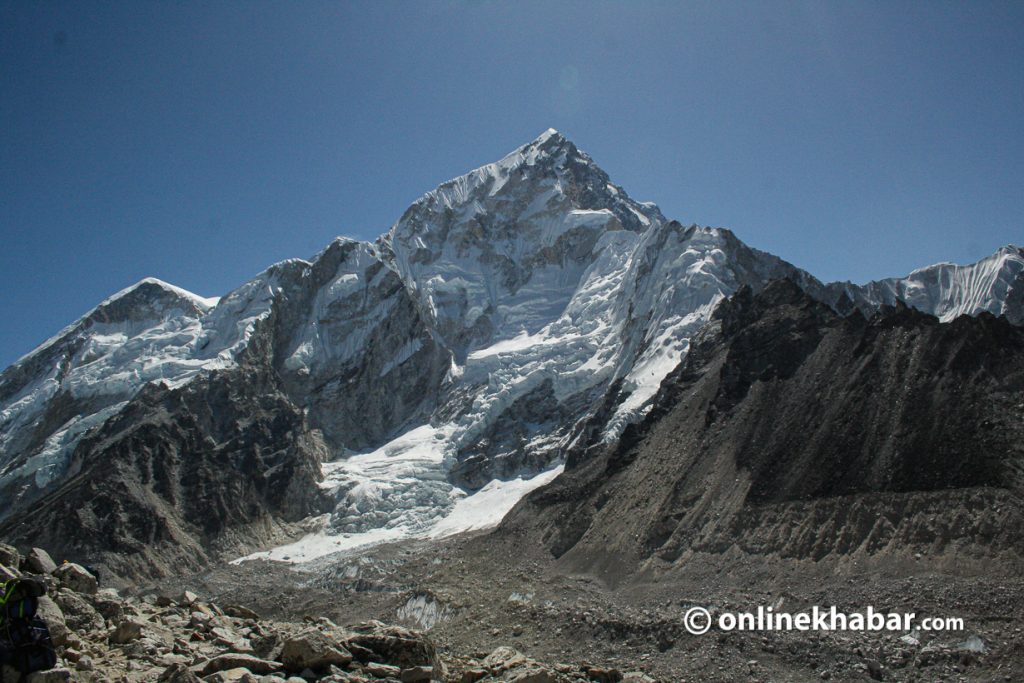
In course of a decade, Madhesh has witnessed three movements. The first eruption occurred a decade ago. The credit for establishing federalism and proportionate-inclusive polity goes to the southern plains. Still, Madhesh is not happy with the centre, Kathmandu. And it is still not happy with the Constitution promulgated through an elected Constituent Assembly. In this context, Onlinekhabar talked to political analyst Tula Narayan Sah (See the first installment of the interview.
Translated excerpts from the interview.
Madhesh’s problems
Many Maoist in particular and leftists in general look at Madhesh’s problems on the basis of class. In a journal of Nepal Madhesh Foundation, which is about to be published, Jhalak Subedi has written an article stating that the Nepali Congress and the CPN-UML take Madhesh’s problems are socioeconomic in nature. The Maoists and Madheshi parties says the nature of the problems is political as well (so goes the article).
Here, I don’t want to focus on the blame-game. What I say is this: We could have agreed on all agendas of the Maoists. But the question is this: Was its agenda on Madhesh’s liberation included in the Interim Constitution? This is the main thing and this is where the Maoists lost the plot. This omission gave a message. All Pahade (Hill) communities stand together against Madhesh. (The Maoists) argued that Madhesh will be liberated after the end of internal colonisation, they pointed that the state has discriminated against Madheshis on the basis of colour and region. They highlighted the need to switch to federalism for ending this discrimination but kept mum on the issue of incorporating federalism in the Interim Constitution. What would have this silence bred if not a revolt?
Madhesh-Hill trust deficit
I don’t anyone cashed in on the issues that the Maoists raised. If you are referring to India, I say this: Hill communities in general have failed to grasp the feelings of the Madhesh. Nepali journalism is suffering from this, intellectual discourse is suffering from this and so is politics. People blurt out certain things eyeing short-term gains also.
In Madhesh, there’s a general feeling that Hill communities knowingly created state mechanisms that are unkind towards us. Time and time again, through different steps, Madhesh has got the message that leaders from Pahade communities become one (when it comes to curtailing Madhesh’s rights). All Madheshis understand this, though many of them cannot articulate their feelings. This is a huge problem. How to resolve this, then? What are the factors that are impeding the development of strong relations between Madhesh and Hills? We need to work on this front, instead of staging protests and engaging in blame-game.
Also read:









